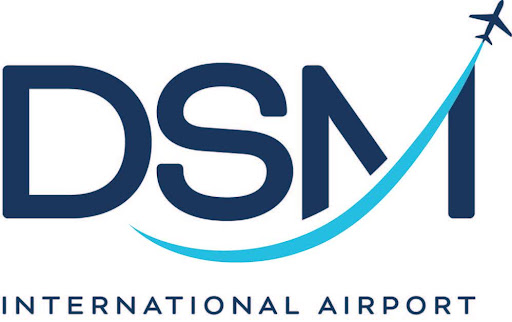MPO launches Tomorrow Plan with a focus on future regional sustainability

The Metropolitan Planning Organization (MPO) recently publicly launched a regional sustainability plan that is designed to address transportation, workforce development, environmental and economic competitiveness issues.
The Tomorrow Plan is a 20-month planning process that will set a framework for future development in the region. The public launch of the planning process coincides, by design, with the release of the Capital Crossroads plan and The Des Moines Area Regional Transit Authority’s DART Forward 2035 plan.
“We’ve been on all these ‘best of’ lists, so this is looking at what we can do to maintain those positions,” said Bethany Wilcoxon, associate transportation planner for the MPO, who is leading efforts to develop the plan.
The project is in its initiation phase, the first of five phases in coming up with a plan for the future, the final step being a sustainability report and plan of implementation, scheduled to be completed by January 2013. A large part of the process is leveraging consultants to study what the region could look like under different future scenarios. The key part of the project, though, is using that information to help the public make an informed decision.
The MPO started that process with a public launch on Tuesday, and plans to continue it with public meetings, online survey and input opportunities and education about what impact decisions made today can have on the future.
Wilcoxon stresses that the MPO isn’t trying to make decisions for the public, and that the input from residents in Des Moines will go a long way toward what the plan entails.
“The public will be guiding it,” she said. “Our job as the MPO is to inform the public and educate them so they are knowledgeable about the decisions that they are helping make. We don’t know what is going to come out of it. We could maintain the status quo or there could be different scenarios.”
Some issues that Wilcoxon anticipates could be explored are:
• Can the region become less dependent on driving?
• Greater Des Moines is expected to grow in population by 40 percent by 2035; will the growth be more compact in the existing space or take up more space as a region?
• Can the region better prevent against flooding?
• Can we revamp school systems that aren’t performing well?
For more information, go to www.thetomorrowplan.com.









